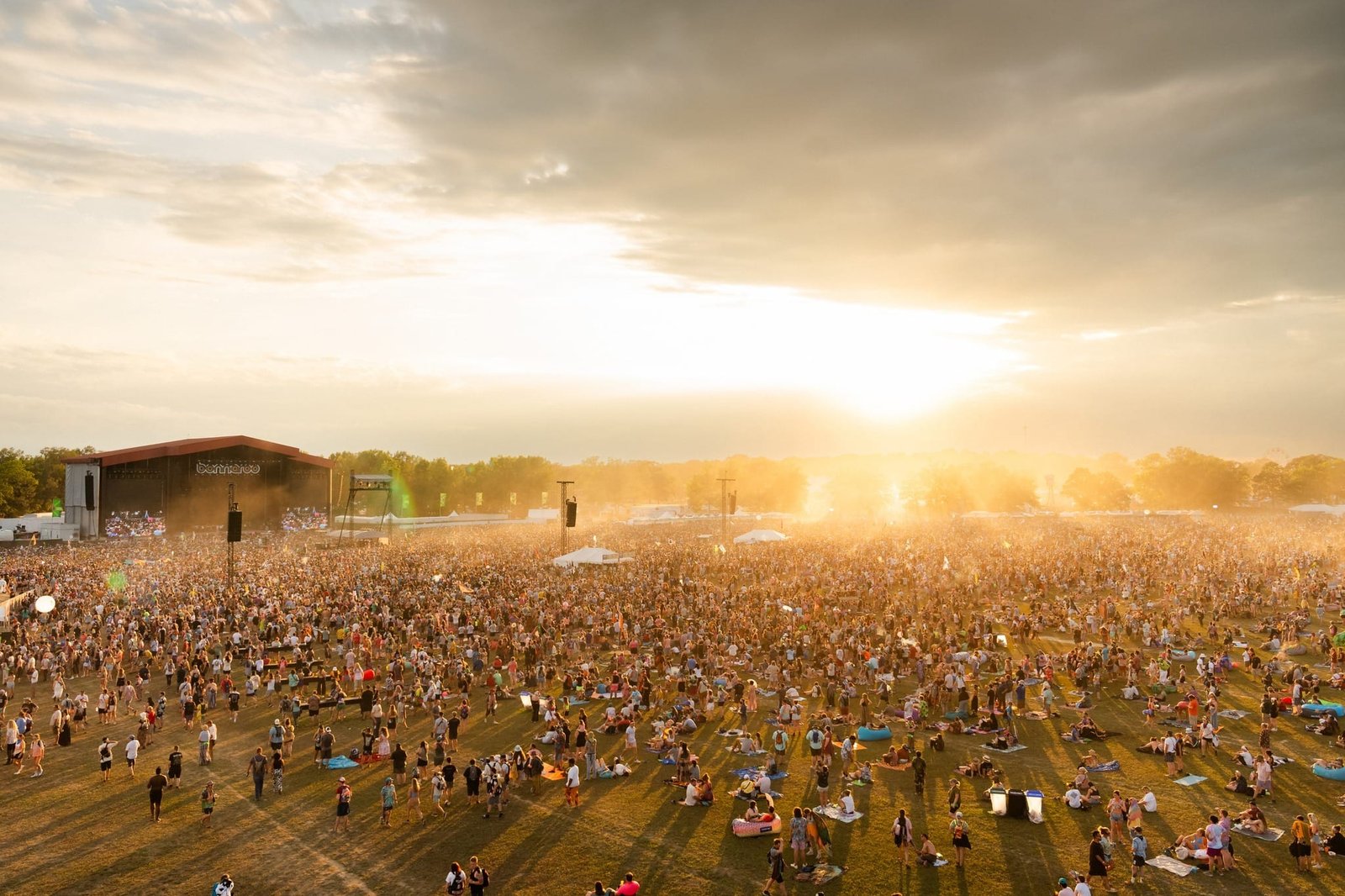1. Access to Targeted, Engaged Audiences
Music festivals gather massive crowds of passionate and engaged fans. These attendees are more than just spectators; they are participants in a shared experience. Festivalgoers are typically open to exploring new brands and experiences while immersed in the event’s high-energy environment. This offers a unique opportunity for sponsors to connect with their target audience in a meaningful way, whether through product sampling, exclusive brand experiences, or interactive booths.
For brands looking to tap into specific demographics (e.g., Gen Z, Millennials, or genre-specific fans), sponsoring music festivals ensures that you are reaching a concentrated, pre-qualified audience already aligned with your brand’s culture and values.
2. Increased Brand Visibility
Music festivals often receive extensive media coverage, both online and offline. Sponsoring a festival means that your brand is featured prominently throughout the event—on banners, stage backdrops, digital screens, merchandise, and more. Additionally, festivalgoers frequently share their experiences on social media, amplifying your brand’s exposure far beyond the event itself.
The visual presence of your brand at a large-scale event creates lasting impressions. The more immersive and interactive your presence is, the more memorable your brand becomes to attendees, increasing the likelihood that they will seek out your products or services post-event.
3. Enhanced Brand Credibility
Partnering with a well-known music festival can do wonders for your brand’s credibility. Aligning with successful, high-profile events positions your company as an industry leader and boosts your brand’s perception among consumers and competitors alike. This is especially true when sponsoring established festivals with a strong reputation, such as Coachella, Lollapalooza, or Bonnaroo.
Moreover, your brand’s association with top-tier musical acts and high-quality entertainment solidifies its standing as one that invests in meaningful, relevant cultural moments, thereby elevating your brand’s prestige.
4. Valuable Networking Opportunities
Music festivals attract not only thousands of attendees but also key industry players, including artists, entertainment executives, media outlets, and other sponsors. By participating as a sponsor, your brand gains direct access to potential business partners, collaborators, and influencers who can help you expand your reach.
These networking opportunities allow you to strengthen your brand’s industry connections, making it easier to secure future partnerships, endorsements, or integrations with other high-profile events and figures.
5. Immersive Consumer Engagement
Festivals provide an opportunity for brands to go beyond traditional marketing tactics and create fully immersive experiences. Whether through pop-up shops, product giveaways, interactive booths, or experiential installations, your brand can engage consumers directly, creating a memorable, tactile connection between your products and the audience.
This face-to-face interaction is invaluable for building trust and long-term relationships with consumers, far more effective than traditional advertising or digital marketing alone. These experiences not only allow attendees to experience your brand but also foster positive associations and long-term loyalty.

